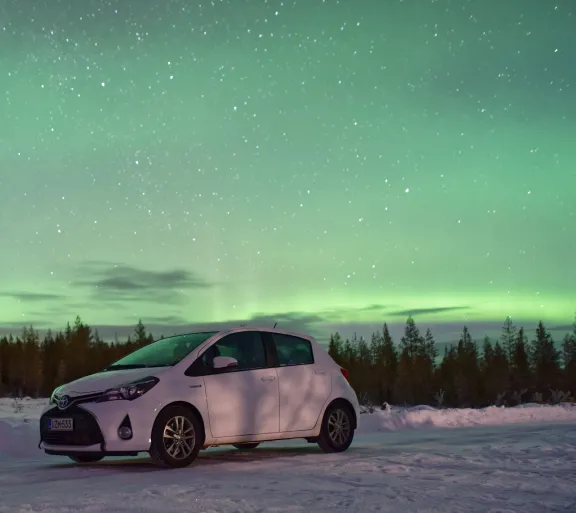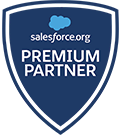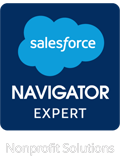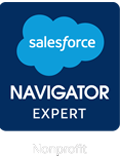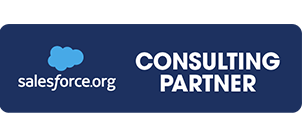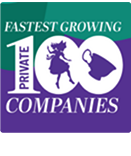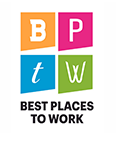How to shop for a CRM like you shop for a car
So you’re considering buying a new CRM (constituent relationship management) database and you want to know if it’s worth the upgrade cost. Maybe you’ve had your old database for years and it does some things really well, but it’s falling behind the times. Or perhaps you recently implemented a database and it’s already too small, too limited, and doesn’t have any of the cool tech stuff you wanted.
Sure, your old beater CRM gets you places, but what can a shiny, new CRM add to your life? How do you decide what to get next and how do you know what you’re really buying?
Buying into a database ecosystem can be daunting, but buying a CRM database is surprisingly similar to purchasing a car.
There are too many choices on the market, they all have flashy ad campaigns, some brands are more well known than others, and some have a big ticket price to boot. Much like buying a car.
The difference is that most of us know enough about cars to make a reasonable decision about what to buy. Cars are an everyday part of (most of) our lives. They make everyday tasks easier. And, like a car, a CRM should be an everyday part of your work life, making your tasks easier.
Just as many new car owners become accustomed to their new bells and whistles, users of CRMs with enhanced features quickly take to their chosen platform’s capabilities, seeing the value in their purchase. And on the flip side, you can choose to be scrappy and save on things like better security, new technology, and integrations but you’ll regret this later when it quickly becomes limiting.
So let’s continue to spin researching databases into car talk. Follow along as we compare CRMs to their car equivalent: comparing price, features, and fuel economy scores.
The Reliant Robins
CRM Equivalent: Excel

Let’s face it, you got this for free and it’s held together with duct tape and a wish. This is you pretending that Excel and file folders are a database. You’re not excelling and it’s no longer reliant.
Anything would be better but you should be realistic and think about what will really fit your needs. Customizable reporting, automation, and integration with your email are standards you should have to run your organization efficiently. Write down your basic needs, take a trip to Carmax, and really begin to think about what you’ll need to reach the next level.
Price
$
Features
Fuel economy (aka longevity for CRMs)

Old Faithful
CRM equivalent: Raiser’s Edge, Exceed!, and some custom Access databases
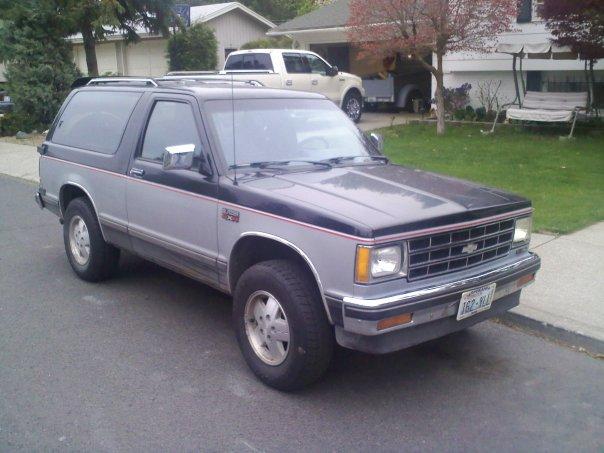
There are databases that were designed in the late 80’s and early 90’s that are workhorses and are beloved, just like the 1989 Chevy Blazer. They can haul a lot of data, do bulk jobs, and they have a no-frills design. Maybe you’ve had this database for many years and you appreciate it for its utility, but it’s guzzling bandwidth on your network, is becoming too expensive to maintain, and really isn’t keeping up with the times. You’re starting to really envy every post-2000 car that passes you on the highway.
Features like a backup camera, hands-free phone connectivity, fuel efficiency, and safety features are becoming standard. And for a CRM you’ll want to know what now standard options you’re missing- like customizable automation, user permissions, enhanced user interfaces, and 21st-century social features.
Price
$$$
Features

Fuel economy
Compact and Turnkey
CRM Equivalent: Little Green Light, Fundly CRM, Bloomerang, and NeonCRM
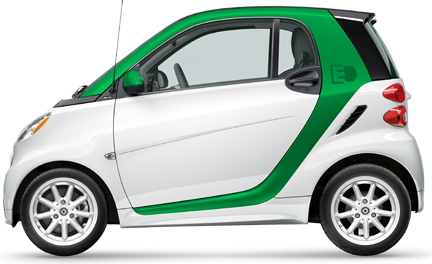
There are a lot of newer databases on the market that are efficient, budget-friendly, do the basics, and get you where you need to go. And that’s about all they do. They’re cute, they’re modern, they’re efficient, but they’re only good for one type of utility or environment. If you’re in one of these systems, you’re likely feeling a little cramped, like you could use a bit more power, and the cuteness has worn off.
While they may come with Sirius radio, you can’t get leather seats and extra cup holders. And carpooling will never be an option. You’ll outgrow this car real quick. Customization and scalability should be a factor in your CRM decision, as much as your car purchase.
Price
$$
Features

Fuel economy



The all-terrain luxury cars
CRM Equivalent: enterprise-level build-outs of Oracle, SQL, IBM products
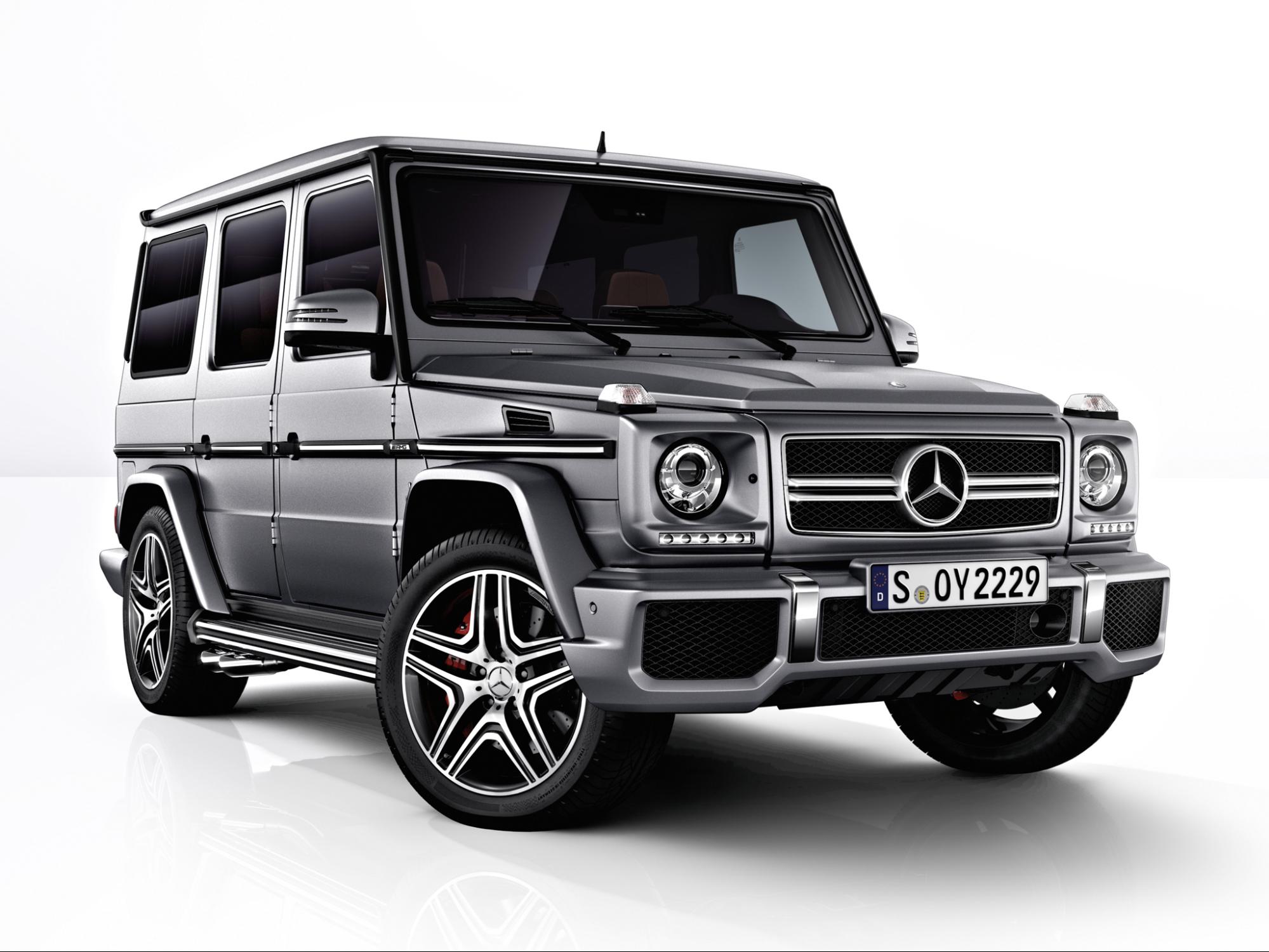
You don’t have this database, but man would it be nice if you did. It’s luxury, has all the latest tech inside, is customized the way you like it, and can handle all data terrain. However, the insurance alone is going to bankrupt you. You can dream, but let’s stick to the budget.
Price
$$$$
Features





Fuel economy



The Hybrids
CRM Equivalent: Salesforce and the Nonprofit Success Pack
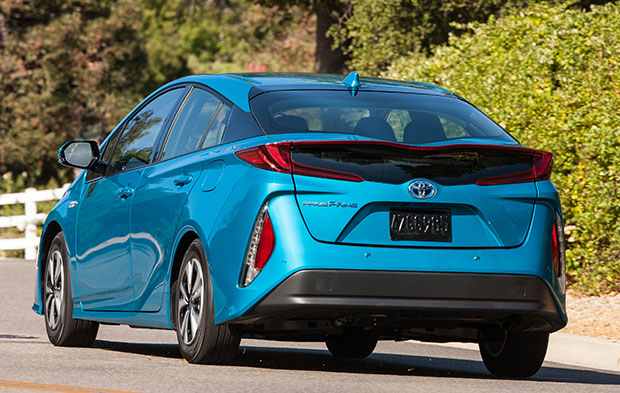
Alright, it might be a little dorky, but it’s pretty trendy, it’s innovating the market, and it cares about making a difference in the world. It’s efficient, it plugs in with all sorts of other software and data, and lot’s of people have it so it has a strong community. It might not be the fanciest or cutest CRM, it might not do all of the workhorse functions that your old system did, but it’s within budget and a good investment.
Salesforce is quickly taking the market share of businesses and nonprofits looking for a database that can scale with their organization and offer flexibility around their specific needs. Just like the vast amount of hybrid options, you’ll find that Salesforce offers all the upgrades, features, and connectivity to fit your work. Integrations with all your apps, added security features, and customizable automation will quickly become integral to your organization. Plus, Salesforce’s Lightning and Chatter will bring you into the 21st century. It’s a purchase you can feel good about.
Price
$$-$$$
Features




Fuel economy





Hopefully, this framework gives you a good grounding in the types of systems that are out there.
And, just like when you shop for a car, see if you can get a demo and speak to others who use the system. If you want all the newest bells and whistles, be prepared to have a budget for them. Finally, just like cars, your CRM will need to occasional tune-ups and work. Look into the trusted industry support or implementation leaders for your chosen CRM so when you’ve got the keys in hand you know who you can go to for help.
Salesforce has a number of products to fit many different needs, with some being plug-and play and others needing custom setup. Though Salesforce was designed for sales teams, the platform offers an increasing amount of flexibility to customize an instance for almost any use case, meaning you won’t be boxed into one format. It’s an appropriate choice for small to enterprise level organizations. And we should know, we have a decade of experience customizing Salesforce for organizations of all sizes.
Ready to jump into a new Prius- we mean Salesforce platform? Or are you looking for a tune-up on your current Salesforce or NPSP instance? Like a good mechanic, we’re here to help you get back on the road.


